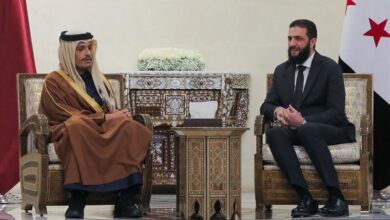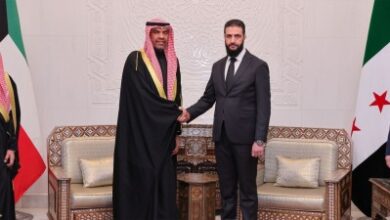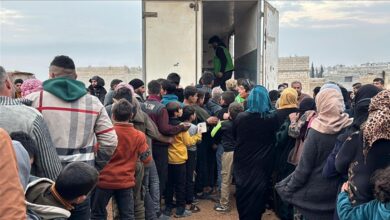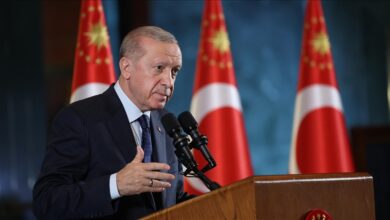
Summer education programs are a method to develop students’ skills in northern Syria
Education is an essential pillar for the advancement of societies and has a major role in the progress of society, and after the wheel of education was delayed in the liberated areas, due to the war that has been going on for more than ten years, many organizations are seeking to remedy the matter and enroll students in summer programs to compensate what they previously missed in terms of curricula and educational foundations to improve them in the next stages.
The correspondents of Radio Fresh conducted an opinion poll, in which the parents said that the organizations worked hard to keep the educational process going, as they continued to suspend students during the summer holidays in schools, and continued education by teachers, and pushed the process of education through providing services to students and teachers in general.
In an exclusive interview with Fresh Online, the director of an educational project in “Shafak” organization, Professor “Diaa Nainal” said: “Shafak organization was launched with the beginning of the Syrian revolution, and it is about merging several local community organizations in order to serve the Syrians and work to preserve civil society, and it is an organization A non-profit organization concerned with all sectors of humanitarian work, such as education, protection, health, water and sanitation, and livelihoods, in Idlib governorate and Aleppo countryside.”
“Ninal” added, “The educational reality in the liberated areas is minimal and lacks support, starting with the appropriate infrastructure for educational work and support for workers in this sector by providing wages for teachers, books and stationery for students, due to the deteriorating living conditions that the population suffers from as a result of war and displacement.”
He stressed that the majority of organizations, in cooperation with the Directorate of Education in the liberated areas, seek to implement educational projects and push them forward and make all efforts to move towards a steady pace, noting that “as for summer clubs, it is complementary to education in the basic periods, follow-up of the curriculum well, and strengthening the student to follow up on his educational attainment through a program and plans.” To prepare for these clubs, which include deviating from the basic routine of education, to get out of the atmosphere of displacement and raise awareness.”
On the progress of the educational process of these clubs, “Ninal” explained that the students receive the educational foundations of the curriculum next year and help it alleviate the difficulty of the curriculum, which the students suffer under the conditions they live in, such as bombing, displacement, displacement and complete absence from education for a long period.
He stressed that through several reports, the percentage of children who may need education has reached about 40% (200,000 children), and “Shafak” organization is working to organize many projects that help the child return to the place he belongs to, which is the school seat, pointing out that “the projects It renovates schools, logistical matters, and secures temporary educational centers such as tents and buses, in addition to providing transportation for students who are away from school, all within the framework of returning children to school.”
He pointed out that the most important reasons for children to leave schools is child labor due to the poverty the people suffer from in the area, and the lack of educational centers close to the student’s residence area in the camps or cities, especially after the displacement campaign that the people were exposed to.
He added that “Shafak” organization, in cooperation with the directorates of education and other educational organizations, is carrying out many joint projects to push for the progress of the educational process for students in northern Syria, and educational organizations have focused largely on displacement camps through mobile and trained educational teams to rehabilitate students in the camps.
He pointed out that the Corona pandemic negatively affected the educational process, especially on teachers, as they mix with the largest number of students, as part of the intensive efforts they provide to educate students and raise their awareness of how to social distance to prevent the virus, and distribute masks and sterilizers to students to reduce public damage.
He concluded his speech by saying: “We thank all the educational cadres, who have taken upon themselves to carry this message, and we also thank the students’ parents for their tireless efforts in following up their children and continuing to educate them about the love of knowledge and going to schools.
Prepared by: The Editor Hamza Al-amour




